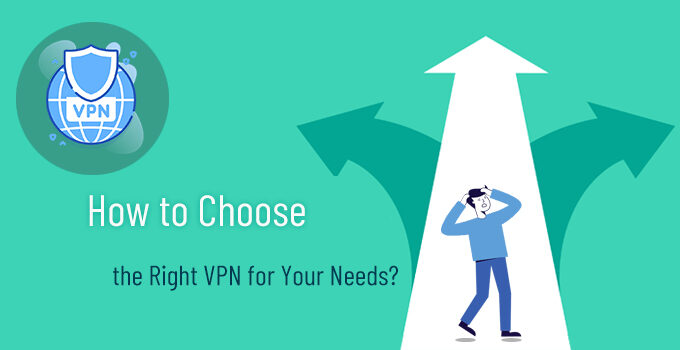Are you planning to get a VPN to enhance your digital privacy, protect your personal data online, or get around internet access restrictions but still overwhelming and don’t know how to choose the right one for your needs? We understand that it’s always difficult for any beginner to make a decision before he or she is truly acquainted with the target thing, so let’s get together to have a look at some key factors you are suggested to look out for during the comparison process.
What is VPN?
Before you take the plunge, some knowledge first. It is actually short for the virtual private network. Simply put, it means the tech method to create a private and protected network connection over the public network. Nowadays, many types of VPNs are there to meet various demands from individuals or companies, among which what we will talk about in this article is the consumer VPN service, a remote-access one and SaaS (Software as a Service) offering essentially.
Normally, internet communication just happens straightforwardly between your smart device and the web server. That not only makes your online identity and activities apparent to many spying eyes but also leaves chances for them to block certain content based on your IP address.
A VPN works by redirecting all of the traffic and data through a remote well-configured server from the service provider, so that all third parties like the Internet Service Provider/ISPs, governments, and the hackers are unable to see and trace your data and actions any more. This way, you can become anonymous online and have a free internet access.
How to Choose the Right VPN? List or Rank Your Main Demands First
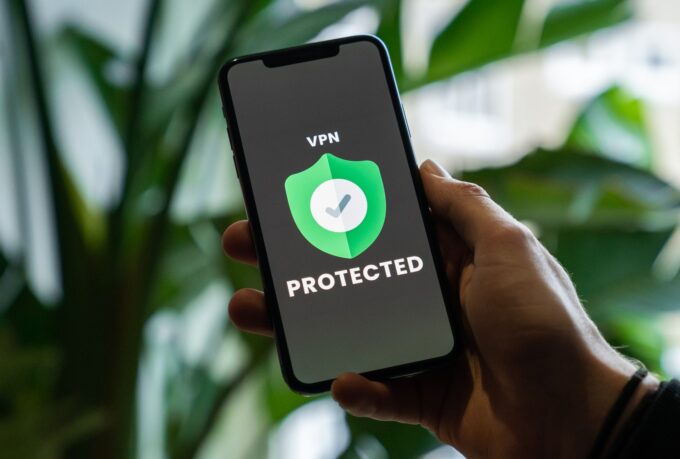
Source: unsplash.com
According to the report from GlobalWebIndex (based on 138,962 users in 40 nations around the world), the top 8 main reasons for using a virtual private network are:
- Access better entertainment content (51%)
- Access social networks, or news services (34%)
- Keep my anonymity while browsing (34%)
- Access sites/files/services at work (30%)
- Access restricted download/torrent sites (30%)
- Communicate with friends/family abroad (27%)
- Hide my web browsing from the government (20%)
- Access a Tor browser (19%)
To sum up, we can divide those detailed motivations into two types and they are unblocking various (banned) internet services and anonymous browsing. The actual situation for using an anonymizer must vary from person, which makes the standard for choosing the right VPN differently. Without further ado, chem them out respectively.
Choosing a VPN to Unblock Sites/Apps/Services, 5 Things to Consider
With the increasingly severe internet censorship on the earth, a large number of people are restricted to access the web as free as before. Therefore, it’s quite common for anyone to be banned in corporations, schools, libraries, or when going to those censored countries, being incapable of accessing social media, streaming services, file download sites, political sensitive (news) sites, online games, and any other possible online resources.
In this case, when you need a VPN to override geo-restriction and firewall, you should focus on the following 5 factors:
1. Whether it works with the content you plan to unblock
Not all VPNs are able to unblock prohibited websites, applications, games, and so forth, so by judging from the service’s official site or directly asking the customer service, you’d better ensure the program does feature unblocking the target content (e.g Twitter, Facebook, VoIP, Netflix, and BitTorrent) without problem, in case it’s a waste of time to do download, installation, purchase and apply for a refund.
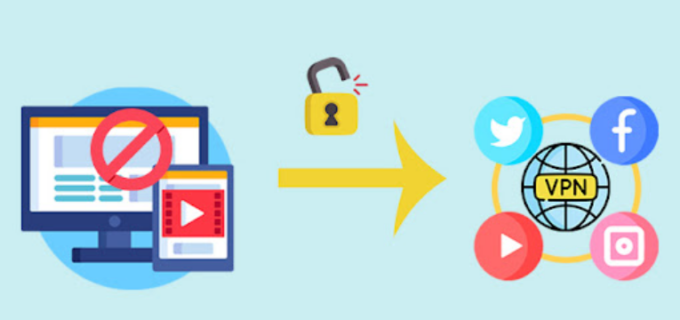
2. Whether the servers cover your preferred location
Modern VPNs now usually have thousands of servers in dozens of countries. Nevertheless, since the number of servers is not proportional to the number of countries and locations, if you want to acquire an IP address from any specific place, just in case the VPN doesn’t have a server here or the server number is quite limited that once the server is overloaded or down, you will have no way to connect to it, please check the server details carefully.
3. Whether it has a bandwidth or speed limit, and the connection is stable
Bandwidth or connection speed limit often happens when you choose a free VPN or it comes from a small obscure company. It doesn’t matter if you only need a VPN for webpage browsing, however, it will greatly sacrifice your experience to a large degree if you are obsessive about binge-watching online movies & TVs, viewing Live streaming, downloading torrent files, playing web games, etc. To enjoy a throttle-free connection, you must make sure it doesn’t set a limit on bandwidth speed.
Stability is an essential factor when picking a quality VPN. But it’s hard to estimate unless you use an app for a period of time. Many stellar services offer at least a 3-day refund policy, hence you can test your favorite VPN risk-free. If you are not satisfied with the performance, feel free to get the money back. Here some free tools are shared to test connection speed and ping rates in real-time – SpeedTest, OpenSpeedTest, proprvacy.com, and PingPlotter.
4. Whether split tunneling is available to customize what apps/sites to use VPN
For content unblocking, it’s not necessary to forward all traffic through a virtual private network, which makes the Split Tunneling function a must-have. With this feature, you are allowed to define target apps or domains to use or bypass VPN connection according to your actual needs. For example, if you only want to circumvent geo-restriction and stream Netflix HD titles in the US on your machine, you can set and only run a VPN with the Netflix app or website to avoid the speed of other connections being affected and slowed down.
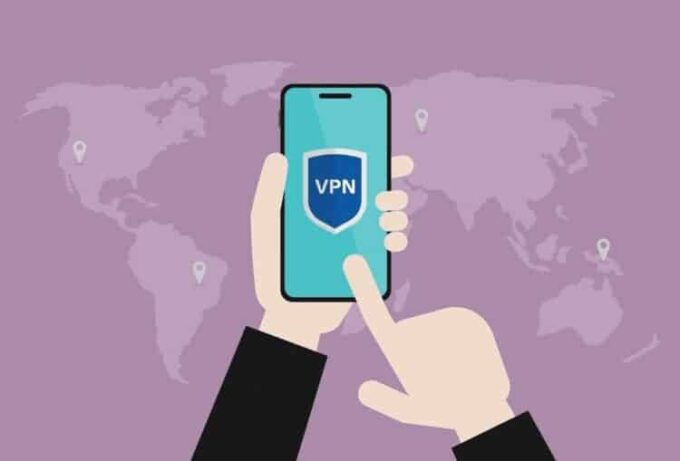
Source: realite-virtuelle.com
5. Whether it’s easy to use and there’s a good customer support team
Undoubtedly, all newbies prefer a VPN with great efficiency and simplicity. Therefore, the one with auto-connect mode and clear server groups for different tasks is more welcomed by common users. Good customer service is also important as nobody could know about everything and deal with all sudden VPN issues alone.
Choosing a VPN to Be Anonymous Online, Check 5 Thinks Out
Although there are many approaches to help a netizen be anonymous online, such as utilizing a proxy, getting a VPN, and going out for a public network, the virtual private network method is superior to all others thanks to its unique encrypted tunneling tech. If you just choose to use it for better online privacy & security protection (especially when connecting to Wi-Fi hotspots or you often have sensitive materials to handle), pay attention to the five typical aspects below:
1. Whether the VPN encryption is strong
Every VPN features hiding IP addresses and encrypting all traffic. But the encryption may differ from programs, protocols, and encryption algorithms. Find out what protocols a VPN supports (e.g OpenVPN and WireGuard, some still have a self-developed protocol to boost performance) and which algorithm it adopts (such as 256-AES and -ECC). If you don’t find either of the names in a VPN, or even the VPN exposed user data before, think twice before opening your wallet.
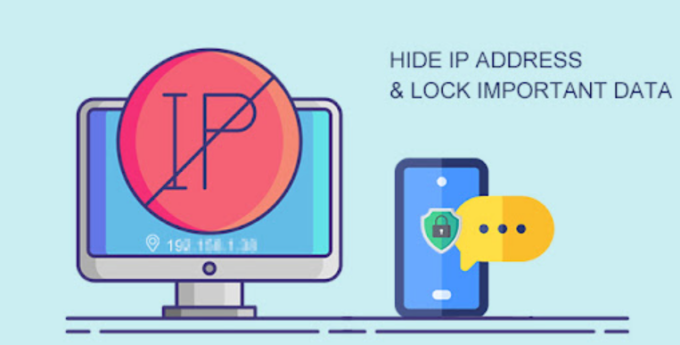
2. Whether the provider logs your activities, personal data, etc.
A privacy-friendly VPN should respect users’ data and don’t collect, log, and share anything from them, including the IP addresses, browsing histories, app connection time, and many more. Despite many VPNs claiming they perform a zero-log policy, if you are skeptical about it, read about their privacy policy thoroughly and search for some reviews from users and editors still. Generally, free VPNs are regarded as less secure tools than paid ones because they are likely to log your data for profit.
The registration place of a VPN also matters. If it runs in a country with heavy internet censorship or in a member country of notorious intelligence groups like the Five/Nine/Fourteen Eyes Alliance, even the VPN providers are not interested in your data, the authorities will probably ask them to save the logs and hand them over to them.
3. Whether there’s a large VPN server network in more countries
A high number of servers located in more nations to a great extent guarantees better flexibility, anonymity, security level, and connection speed. You are free to “move” anywhere worldwide to access the web as you like, watch Netflix library (from the US or other regions) at will, and change game server location to meet more players at your pleasure…
4. How many devices are allowed to connect at the same time
It’s quite usual that one needs to have multiple concurrent connections to an app, so the maximum number of an account’s connections can still be a deciding factor when you are willing to choose the right VPN for multiple devices. Broadly speaking, all paid VPN services have support for simultaneous connection, starting from two devices.
5. Whether it has a reasonable price
More often, you don’t have to pay top dollar for a suitable product. So is the case when buying the right VPN. According to the data from TOP10VPN, the average price of a good VPN’s yearly subscription is about $3.90 per month and about $11.30 for a monthly subscription.
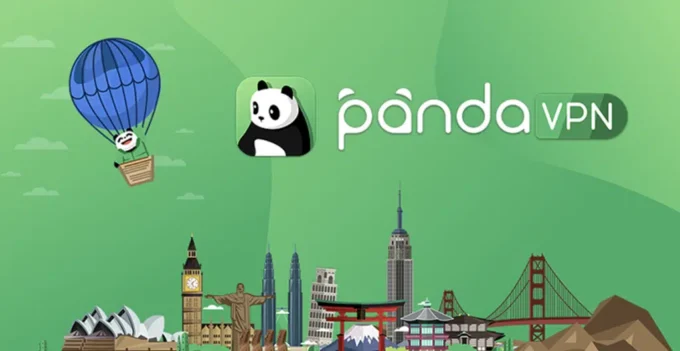
Source: metapress.com
The truth is there are many great choices with excellent introductory prices, just like PandaVPN (official site: https://pandavpnpro.com/). It costs less than the average price mentioned above. Thousands of servers worldwide make it easy to browse, steaming, torrent and game at many places as you like, without bandwidth or speed limit.
Take a look at other listed deciding factors then:
1). The registration place: Seychelles (a place with a good reputation for internet freedom). 2) The attitude to log user data: it adopts a 0-log policy. 3) Protocol and encryption: multiple next-gen protocols like OpenVPN and 256-ECC encryption are supported…
Verdict
After finishing this informative guide, you must know how to choose an ideal VPN for your needs. Basic and advanced software features, server number and locations, registration country, log policy, plan & price, simplicity, and your main purpose of using it, all those criteria will help you decide on the best one for any need and budget.

